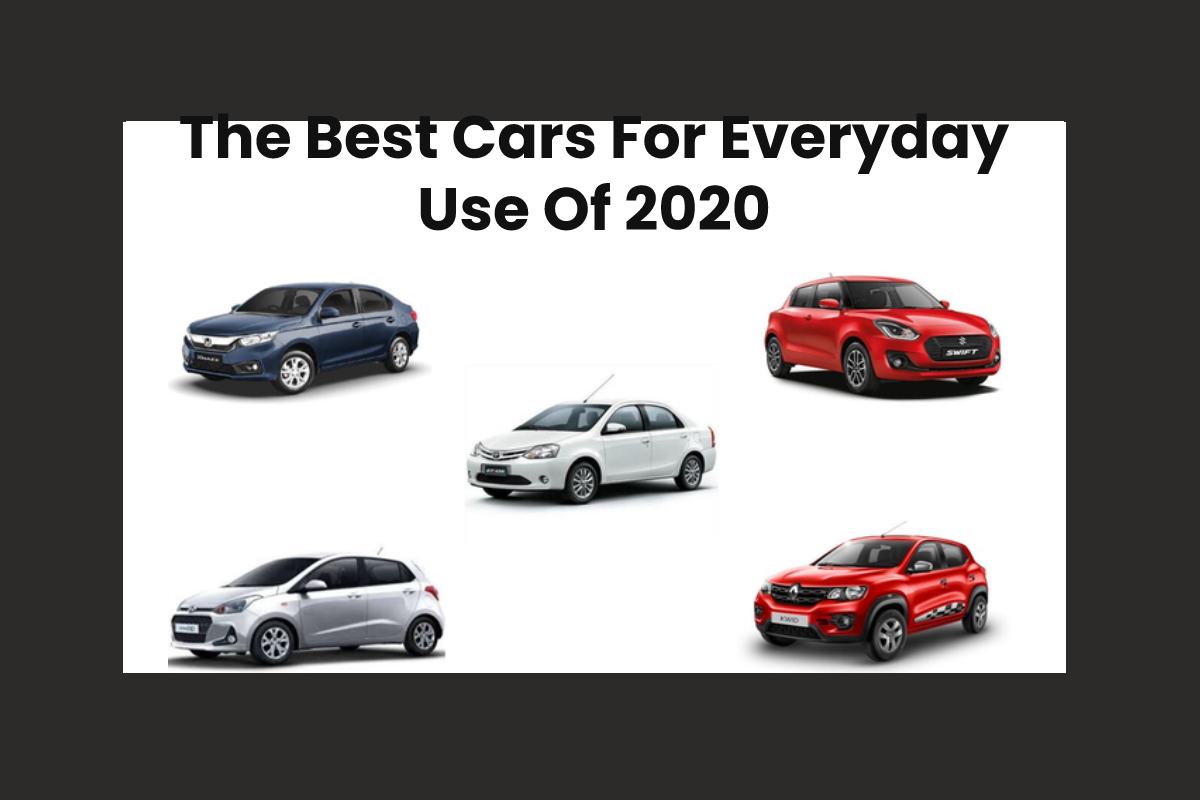Best Cars For Everyday Use – Sometimes what a vehicle ends up doing is not as interesting as what we want it to do. When shopping for a new car, it’s easy to imagine endless camping trips, winding roads, and high speeds, but most of your miles will likely accrue from routine commuting. The best cars for everyday use make everyday life stress-free, with a smooth ride and easy technology, plus a little extra when you want to have fun. Here are our top picks this year.
Table of Contents
Honda Civic
- Why should you buy it? Because it is comfortable, uses little fuel and is fun.
- For whom it is? For people who spend a portion of their time in their car.
- How much? From $ 20,680 dollars (in its sedan version).
Honda’s compact fireproof sums up everything you could want from the best cars for everyday use. It’s affordable, has a good reputation for reliability, and you won’t have to squander your wallet to fill up your tank.
The Civic is also one of the most entertaining compact cars to drive. The steering and suspension are precise and quick to react. The optional 174 hp from the 1.5-litre turbocharged four-cylinder engine is more than enough. But when you can’t go fast, it still impresses with a comfortable ride and a quiet cabin that will make long trips more bearable.
The Japanese manufacturer also paid attention to detail when designing the cabin. The seats feel good, and the controls are within easy reach of the driver. A 7.0-inch touchscreen is combined with a conventional volume knob and buttons for important menus, making it easy to use without distraction. Apple CarPlay then Android Auto are also available.
Honda offers many options: sedan, coupe, and hatchback. If the standard version isn’t sporty enough for you, Honda offers Si versions of the sedan and coupe, as well as a 306-hp Type R for the hatchback.
Honda CR-V
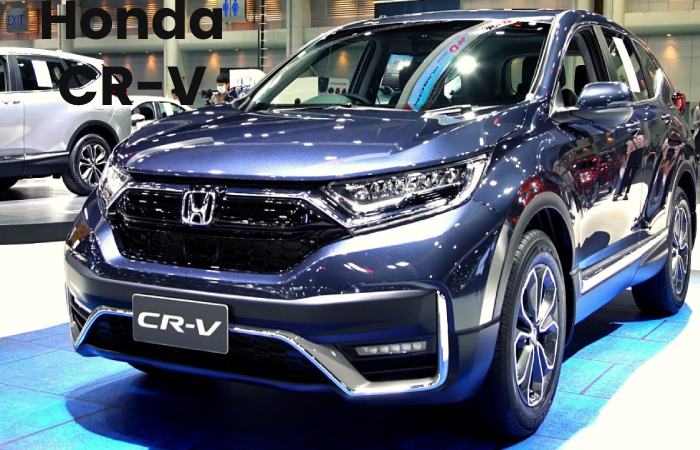
The Best Suv For Everyday Use
- Why should you buy it? Because it is an SUV that drives like a car.
- For whom is it? Weekend warriors.
- How much? From $ 25,150
Many buyers want a higher driving position, additional cargo space, and all-wheel drive, but they don’t want to deal with poor fuel economy and truck-like handling. The Honda CR-V was unique to the first car-based crossovers that sought to encompass only the good things about SUVs, and it has to be said, it’s still one of the best.
The CR-V feels like it’s designed for the commute. It’s by no income a sports car, but its handling and acceleration feel like a coupe. The ride quality is excellent, and the interior is one of the quietest we’ve experienced in this price range. The CR-V also has a solid, confidence-inspiring feel.
The only thing that “brought down” the CR-V was the lack of a hybrid powertrain, which left the Honda one step behind the Toyota RAV4. Honda eventually introduced a CR-V hybrid in its 2020 model, and while it’s not as fuel-efficient as the Toyota, it still does 38 mpg overall. The 1.5-litre turbocharged four-cylinder engine offered in non-hybrid CR-V models is also more powerful and refined than its Toyota counterpart.
Now when it comes to technology, Honda has you covered. The standard Honda Sensing driver aid package includes autonomous emergency braking, forward collision warning, lane-keeping, departure warning, and adaptive cruise control. The infotainment system consists of a 7.0-inch touchscreen and compatibility with Apple CarPlay and Android Auto, although it is not available on the base trim level of the LX.
Nissan Leaf
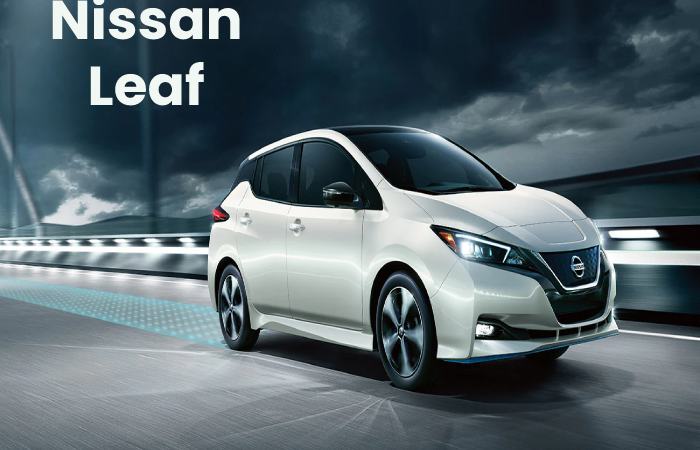
The Best Electric
- Why should you buy it? Because it’s good for the environment and your wallet.
- For whom is it? For minds aware of their carbon footprint.
- How much? Starting at $ 30,885.
Electric cars are one of the best cars for everyday use. The distances of urban trips do not usually affect autonomy, especially if your place of study or work has where to charge it. Heavy traffic keeps regenerative braking busy and recovers energy when decelerating.
The Nissan Leaf is a good competitor in its segment, offering more than the Chevrolet Bolt or Hyundai Kona. Its base price also makes it a winner, despite its modest 40-kilowatt-hour battery and 150 miles (241 kilometres) of independence. The Japanese house also offers the Leaf Plus, which carries a 62 kWh package and returns a range of up to 226 miles (364 km).
What’s interesting is how Nissan eases the transition to the electric world. The Leaf’s e-Pedal system combines regenerative and mechanical braking, allowing you to maximize regeneration. Besides its quiet powertrain, it feels like any other car, not some futuristic science project. The infotainment system is a bit underwhelming, but at least you get Apple CarPlay and Android Auto.
Ford Mustang
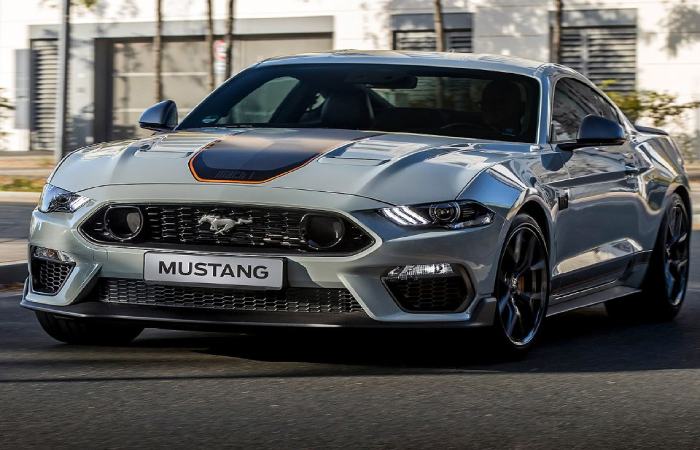
The Best Sports Car
- Why should you buy it? Because you only live once.
- For whom is it? For those who have fun without guilt.
- How much? Starting at $ 28,410.
Not all passenger cars need to be practical. If you want something amusing to drive on the weekend and can forgo the rear seat and trunk space, the Ford Mustang will serve as a routine and weekend toy for you.
It may not be the best option for hauling the family, but it’s bulky enough that it doesn’t feel cramped like most two-seat sports cars. Ford’s Sync 3 infotainment structure is easy to use and standard with Apple CarPlay than Android Auto. Ford similarly offers a nifty, reconfigurable digital instrument cluster as an optional extra.
If fuel economy remains a priority, the 2.3-litre turbocharged four-cylinder EcoBoost engine averages 25 mpg (10.6 km / l) and still makes 310 hp. Things escalate quickly from there. A performance package for the EcoBoost increases output to 330 hp.
The alternative option is toward upgrade near a 5.0-litre V8, nowadays the GT, a 5.2-litre V8 fashionable the Shelby GT350, beforehand the supercharged version of that engine today the Shelby GT500. Of course, the 760-hp GT500 might be too extreme for home-to-office travel.
BMW 3 Series
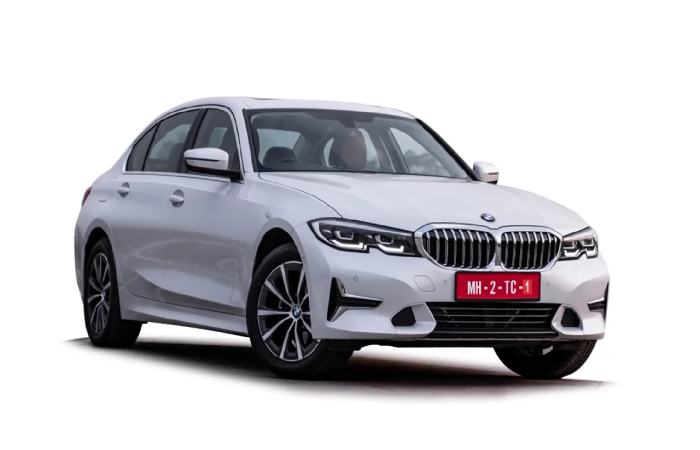
The Best Luxury Car
- Why should you buy it? Because it goes beyond the average and wastes technology.
- For whom is it? For drivers who want a little more for their money.
- How much? Starting at $ 41,745.
The BMW 3 Series is one of the best cars for everyday use, perhaps the perfect passenger car. Long considered the best sports sedan, the German house has injected the current generation with more luxury.
The model retains all its magic, with fast reflexes and silky smooth engines (four or six cylinders, both in-line and turbocharged). It also keeps you insulated from potholes and outside noise, like any luxury car. Fans have lamented the loss of sharpness compared to previous generations, but that doesn’t matter when you use it to and from the office.
The 3 Series is BMW’s entry-level sedan, but you shouldn’t compromise on quality on the inside, as it resembles the 5 Series. The manufacturer also offers a host of technology, including a 10.25-inch infotainment screen, a 12.3-inch digital instrument cluster, and a digital assistant that doubles Amazon Alexa.
How We Do These Tests
The Digital Trends automotive squad tests vehicles through a comprehensive screening process. We examine the exterior and interior qualities, judging them based on our experience and knowledge in the context of the category and price range of the vehicle. Entertainment technology is extensively tested, as are most security features that can be tested in controlled environments.
Drivers spend a lot of period behind the wheel of vehicles, conducting tests in the real world, driving them on highways, back roads, as well as off-road and race tracks, when appropriate.

